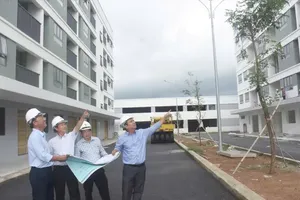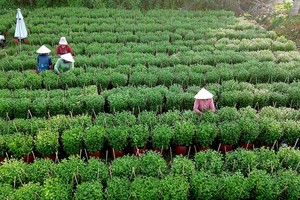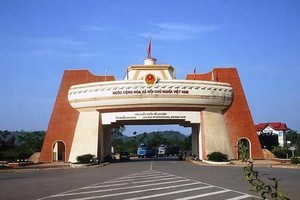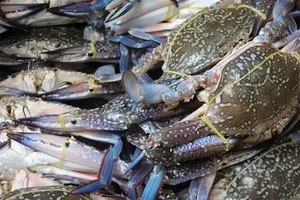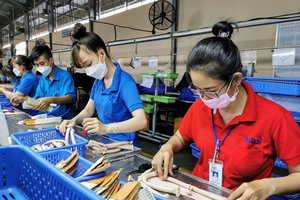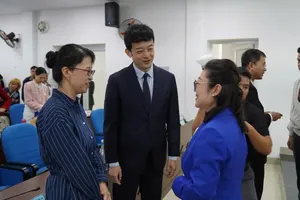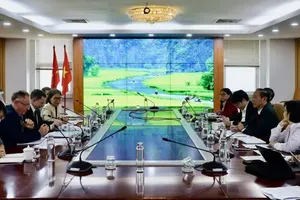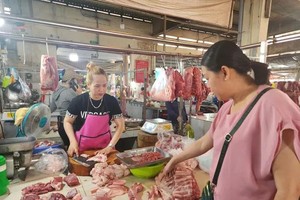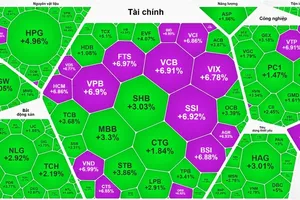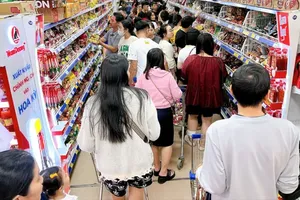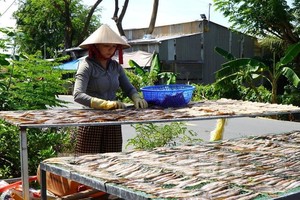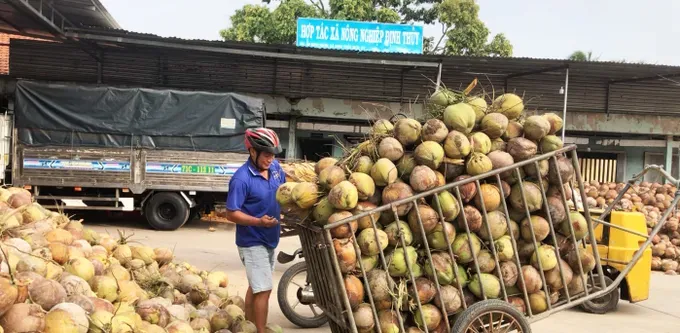
Coconut cultivation is concentrated mainly in the Mekong Delta, accounting for nearly 80 percent of the country’s total area. Beyond providing a stable livelihood for hundreds of thousands of households, coconuts are also a cultural symbol and a source of economic and environmental value. Yet this vital industry faces multiple challenges, while its potential for added value remains largely untapped.
Lack of quality varieties and pest threats
Having tended his coconut orchard in Vinh Long Province’s Dong Khoi Commune, for nearly 35 years, farmer Le Van Hau was shocked by the recent outbreak of the black-headed caterpillar. “Each tree used to yield 80–100 coconuts a year, but now it’s down to around 40–50—nearly half,” he shared. Lower productivity, compounded by worsening drought and salinity, has reduced fruit quality and market prices.
The coconut farmer said that if pests aren’t controlled and freshwater sources aren’t improved soon, the trees will weaken further. Growers rely on coconuts to live, but they have suffered repeated losses; subsequently, they desperately need disease-resistant varieties and enough freshwater to save their orchards.
According to Deputy Director Huynh Thi Ngoc Diem of the Southern Crop Production and Plant Protection Center, the Mekong Delta, Vietnam’s largest coconut-growing region, still lacks high-quality and disease-resistant seedlings. Many farmers propagate their own or buy unverified seedlings, leading to crop losses. Pest management is fragmented, with limited coordination between provinces, increasing the risk of disease spread.
Furthermore, the limited and dispersed nature of production hinders the establishment of standardized material zones for export. The majority of farmers have not yet embraced sustainable farming practices and continue to excessively use fertilizers and pesticides, which adversely affects product quality and ecosystems. Insufficient connections among farmers, cooperatives, and processing enterprises obstruct the full value realization of coconuts.
Vinh Long Province, with about 120,000 hectares of coconut and 22 million trees—over half the country’s total—has affirmed its position as Vietnam’s coconut capital, said Deputy Director of Agriculture and Environment Van Huu Hue. Yet, the industry faces ongoing difficulties: fragmented landholdings (only 0.3–0.4 hectares per household), low cooperative participation, and limited quality control. Climate change, drought, tides, and salinity intrusion reduce yields and soil fertility, while pests like rhinoceros beetles and black-headed caterpillars cause severe damage. Raw coconut prices fluctuate sharply, and deep processing remains mostly manual, limiting value capture.
The Mekong Delta works toward sustainable value
Deputy Director of Agriculture and Environment Van Huu Hue stated that the province is focusing on developing internationally certified organic coconut zones, promoting water-saving, low-emission, and biological pest control farming methods. “We now have over 30,000 hectares of internationally certified organic coconut and 156 plantation codes for export, mainly to China, the US, the EU, and Japan,” he noted.
General Director of Tra Bac Company (Trabaco) Huynh Khac Nhu added that members of the Asia-Pacific Coconut Community impose strict standards on uniform varieties and tree age to ensure export quality. Malaysia, for example, aims for yields of 150 fruits per tree and a density of 200–250 trees per hectare, achieved through high-yield varieties and advanced cultivation techniques. “This is the direction Vietnam must adapt to if we want higher economic efficiency,” he said.
Associate Professor Nguyen Phuong Thao of the International University (Vietnam National University, Ho Chi Minh City) emphasized biotechnology as the inevitable path forward. Tissue culture, Multipuno, and gene-editing technologies can help develop high-yield, climate-resilient coconut varieties with improved tolerance to drought and salinity.
Deputy Director of the Department of Crop Production and Plant Protection Nguyen Quy Duong emphasized that seed development represents a major opportunity, particularly as international demand for Vietnamese coconut varieties continues to rise. He further recommended that the industry diversify beyond traditional exports by investing in “non-smoke” products, including coconut garden tourism and carbon credits. These represent innovative values created from the coconut tree’s remarkable capacity to absorb CO₂.
